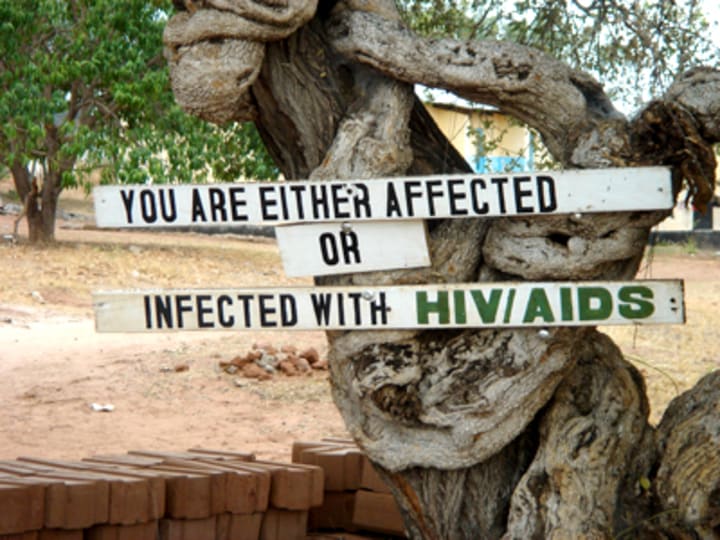
Present efforts to combat HIV/AIDS are not good enough due to poor management of resources and lack of structured thinking, according to Josh Ruxi, a public health expert and director of Rwanda Works.
In his New York Times article, Ruxi reveals that 31 million people worldwide are HIV-positive, but only 4 million receive drug treatment. Of the 22 million HIV-positive Africans, only about 2 million to 3 million are on treatment.
He provides three recommendations to the global community on how to attend to people who desperately need HIV/AIDS treatment:
- Aid-recipient countries should learn not to be over-reliant on funding from the international community in the fight against HIV/AIDS.
- Prevention efforts must be expanded dramatically because prevention is more cost-effective than treatment.
- Despite the huge funding requirement to bolster HIV efforts, looking at how these funds are actually spent is of paramount importance.
Ruxi observes that only a small percentage of taxpayers’ money actually reached the people who need help the most because overhead costs such as studies, air tickets, consultants, reports, and profit have gone to U.S. firms.
He also highlights the use of holistic approach to combat HIV/AIDS by fully integrating HIV/AIDS efforts into the overall health system, specifically in malaria, maternal services, and primary health care.




